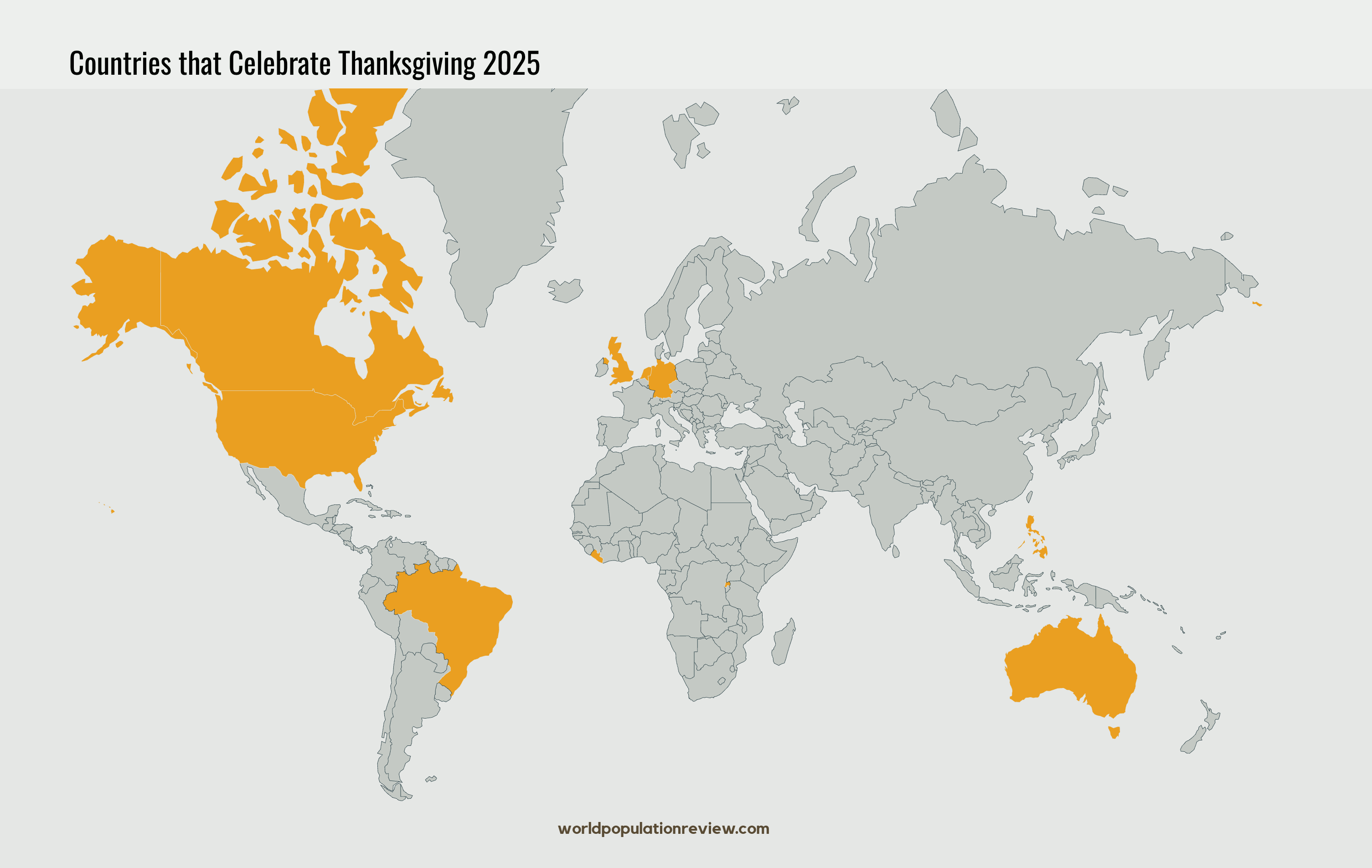“Thank you!”, “Grazie!”, “Danke!”, “Arigato!”, “Salamat”! Words are used to convey gratitude to someone or an institution that has given us something or done us a favor. But where did these words come from, and why do we say them? According to Psychology Today, the word “thanc,” which means “thought,” descended from the ancient Indo-European word “tong,” meaning “to think” or “to feel.” This explains that gratitude came from having a good thought about someone. In the 14th century, people began using the expression “thank you,” which we still use today. Aside from saying “thank you”, we sometimes add the words “I appreciate it!” or “much appreciated!” to show that we value what was given to us.

Tutor Prima is an Administrative Professional from Quezon City. She holds an MSC in Management and loves roles where she can help teams work more easily and efficiently. Her 15 years of work experience spans different industries – academe, manufacturing, energy, telecom, and corporate services. Tutor Prima is currently working in a foundation as an Executive Secretary where she supports the Top Management. She is likewise a part-time ESL tutor at RareJob Philippines, helping Japanese students learn English. Beyond her professional life, she’s a believer of work-life balance and enjoys traveling, reading, singing, watching short clips, and spending time with friends.
My Personal Story
Indeed, the good acts done to us have a lasting impact, and we are reminded of someone who did us good. I recall a time in high school when I visited a company to solicit funds for a camp, and my sandals got torn, making it really difficult for me to walk. Upon reaching my destination, a kind lady named Cecille, who happened to be at the guard station, noticed my situation. I remember she used a stapler and a little bit of tape, and it got fixed. Whew, what a relief! Her willingness to help me, a stranger, is a memory I still cherish today.

Thanksgiving Celebration Around the World
Amazingly, this personal expression of gratitude has been institutionalized by many countries around the world, like the United States of America and Canada. The US is famous for celebrating its Thanksgiving Day annually on the fourth Thursday of November, for the harvest and blessings of the past year. Other countries such as Germany, Australia, Brazil, Liberia, and the Netherlands also celebrate Thanksgiving Day on different dates within a year, with harvest as the common reason for giving thanks. Of course, Japan’s Thanksgiving Day is worth mentioning as it is a country close to home, and where our students come from. The Japanese celebrate “Labor Thanksgiving Day” on November 23rd, based on the ancient Shinto harvest festival. Nowadays, this is a day for the Japanese to commemorate labor production and give thanks to one another. In the Philippines, it is interesting to know that Thanksgiving Day was celebrated as a national holiday until 1985, but now it’s only a commercial observance among the people.
Thanksgiving in Daily Life
The approaching Thanksgiving Day in the US and Japan is the perfect opportunity to reflect on the many things in life worthy of our thanks every single day. Our life and existence are one. Another is our bodies; they’re like exquisite machines! They coordinate so well day and night. Hence, good health is something to cherish and be grateful for.
Then we have our family members, relatives, friends, and other people. They may not be perfect, but the lessons we learned from them are pretty valuable as we navigate life. It’s terrific to have gathered so much from them and from other people as well, whether in the past or in the present. The contributions of past generations have shaped our society and culture into who we are today.
Our favorite book, song, or artwork, for example, was made by someone out of his or her creativity, which helps in our personal development. They are long gone, but their influence lives on. Likewise, in the present, the help that we give one another is a treasure, and the help that we will give and receive in the future is something to look forward to.
We may also give thanks for all the little blessings we receive every day, even though we are not aware of them or sometimes even for difficulties. We may say that the problems that we experience, though unpleasant, help us become stronger and more mature. Let’s not forget also the surprises, when the things we aspire for suddenly become a reality!
As a Final Note
So, what are you grateful for today? Don’t forget to give thanks — perhaps this is something we should foster every day, not just on Thanksgiving Day. Let’s embrace all that life has brought us! Have a grand Thanksgiving celebration then, and yes, thank you for reading this article!




